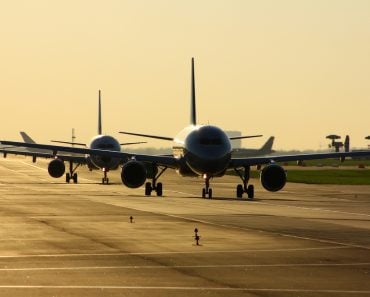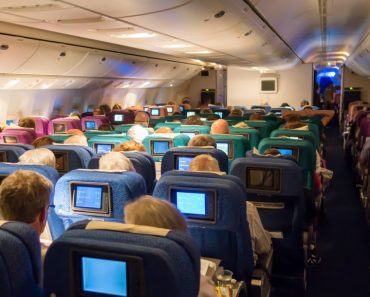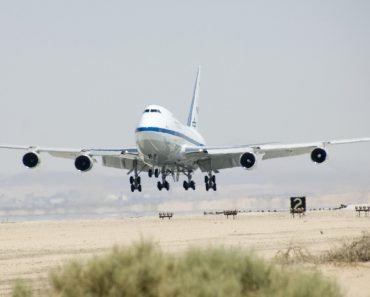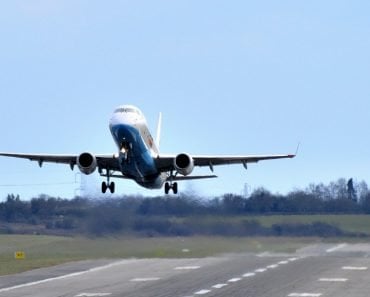Table of Contents (click to expand)
The reason airlines sell more tickets than the aircraft’s capacity is because they overbook their flights. Overbooking refers to the practice where businesses and institutions sell, or book, more than their full capacity. They do this just to avoid incurring losses, of both time and money, although one could argue that time is equivalent to money, in most cases.
You’re waiting at the airport for your flight that’s going to take you home. Suddenly, when you’re just about to check in and buy a $15 bagel, you’re stopped. The representatives from the airline tell you that you’ve been ‘bumped’, so they won’t allow you to board the flight because it is at maximum capacity! What could possibly be the reason for you having to miss your scheduled flight, even though you’ve paid for it?
In most cases, you would be compensated for the additional expenses that you might incur, such as a hotel room, or other transportation costs. A seat would then be booked for you on the next available flight. In the end, this might not seem like such a great deal, unless your arrival at the destination isn’t a time-sensitive issue.  However, most customers do have to deal with unfair ‘bumping’ scenarios that are frustrating, and especially infuriating when the customer has already paid for the ticket and made plans to arrive at a certain time.
However, most customers do have to deal with unfair ‘bumping’ scenarios that are frustrating, and especially infuriating when the customer has already paid for the ticket and made plans to arrive at a certain time.
Recommended Video for you:
Why Does This Happen?
The reason for this behavior from the side of the airlines is all about statistics to maximize profits. Although the airlines are sympathetic to the hardships of their customers, you might be surprised to know that most important institutions of our time regularly do this. Essentially, they ‘overbook’ their flights.
Overbooking refers to the practice where businesses and institutions sell, or book, more than their full capacity. They do this just to avoid incurring losses, of both time and money, although one could argue that time is equivalent to money, in most cases. What overbooking implies is that the airline sells 220 tickets, rather than its actual seating capacity of 200 passengers.
Now, after the booking process is complete, a customer that happens to be one of these unlucky 20 passengers is bumped off to the next flight, since there is no way he can board a flight that is already at its maximum capacity. You might wonder, what’s the point of even selling these extra tickets? Apart from the obvious monetary gains for the airline, there is an explanation without which most businesses would receive pitchforks instead of money as their preferred form of payment.
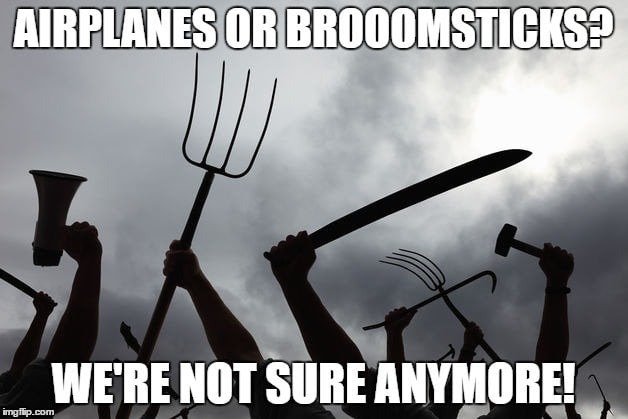
Why Do They Overbook?
A good business strategy always allows for maximum profit, while also making optimum use of resources. An airline does not know if a customer who has bought a ticket will necessarily board the aircraft. They know that some people simply won’t show up for their appointments (just like at hospitals, hotels, restaurants etc.).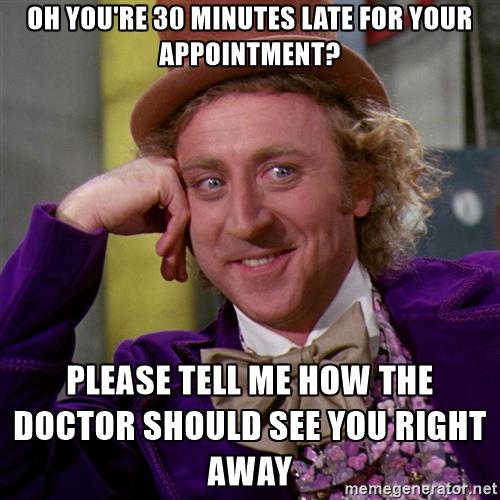
To account for this discrepancy, where the flight would have to fly with some very expensive seats empty, they decide to opt for a more profitable strategy. Assuming that out of the maximum capacity of 200 seats only 185 show up for the flight, this leaves 15 seats available. The airline could try to sell these seats quickly to avoid losses, but this rarely happens. What the airline does instead is try to sell 220 seats in advance. Now, since only 15 passengers haven’t shown up, and 205 have, they only have to deal with 5 disgruntled passengers. The compensation for the missed flights, hotel reservations, and other costs for these 5 passengers is far less than the loss they would’ve had to incur if they let the plane take off with 15 empty seats.
One might argue that this strategy isn’t ethically sound, but those arguments disappear when statistics are inspected closely. Almost 50,000 people are bumped every year from flights around the world, whereas roughly 200,000 people fail to show up for their flights. Airlines are VERY aware of this fact.
To avoid losses, airlines have two options. They could either sell fewer tickets after accounting for some ‘no-shows’, or they could sell more tickets, expecting more ‘no-shows’. This is a delicate balance, since they might run into problems if they sell too few and waste seats, or sell too many and pay penalties to the customers.
How Do Airlines Decide On The Number Of Extra Seats?
The ‘no-show’ estimate is calculated from past data for the flight and is used as a prediction tool. It depends on many factors, such as the route of the flight and the financial status of the typical customers. The normal behavior of the customers based on their age and even their gender play a big role, statistically speaking. The probability of a certain number of passengers showing up is therefore calculated and used as effectively as possible.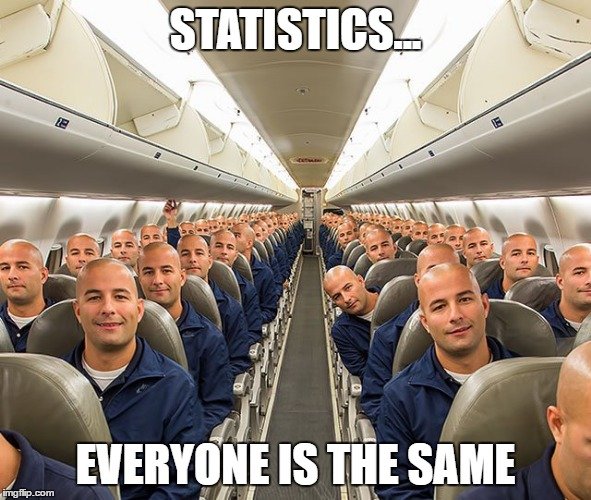
The profit margin for each particular number of ‘no-shows’ is then calculated. For example, if 185 out of 220 passengers show up for an airline ticket costing $200, the airline earns 220×200= $44000. If it had just sold 200 tickets, rather than overbooking, then it would’ve earned only 200×200= $40000, which is basically a loss of $4000. Assuming that the full compensation for a single passenger costs $500, the money lost by the airline to the 5 ‘bumped’ passengers is 5×500=$2500. This compensation is ($4000-$2500) $1500 less the $4000 it would have lost by not overbooking.
The respective profit margins are similarly calculated and the optimum number of seats to be sold is chosen.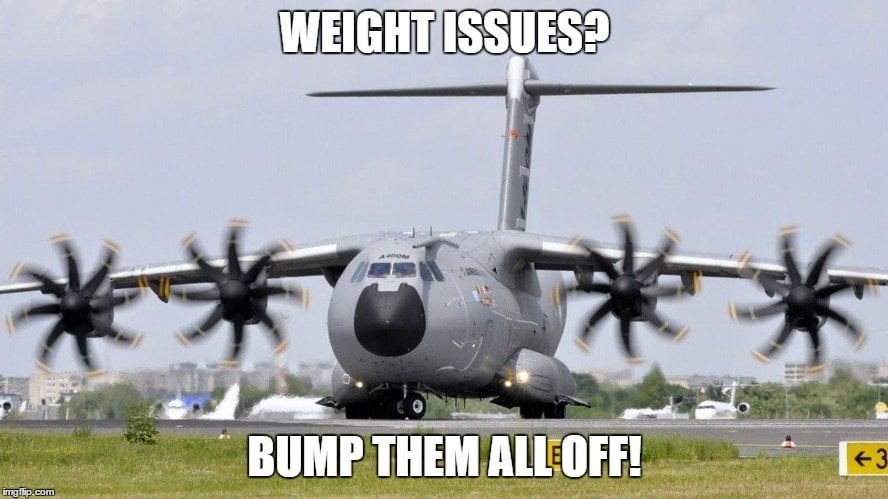
What Are YOU Supposed To Do?
As a passenger, it can be incredibly frustrating to arrive and check in at the airport, only to look at your boarding pass and realize that you have no seat assignment. If this happens, you should look after your own interests, as the airlines have clearly looked after theirs. First of all, if the airline is offering you a seat on a different flight, check if that seat is definitely available. If it is also full and it looks like you might be bumped yet again, you might as well be stranded!
If the airline is offering compensation, such as free meals, hotel costs, and transportation between the airport and the hotel, look for the most profitable outcome. The airline might offer you vouchers for future flights, but since airline employees are given guidelines for negotiation, you might want to look for a better deal. In other words, get as much compensation as you can!


